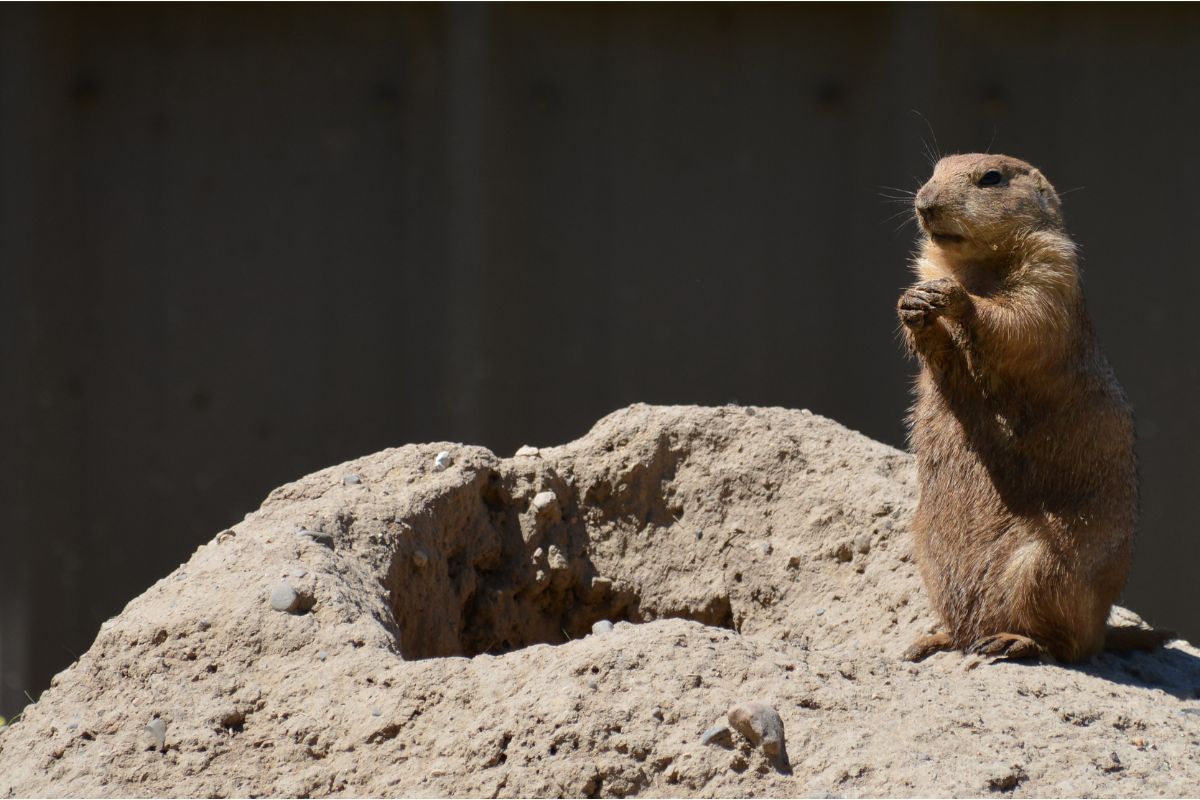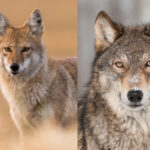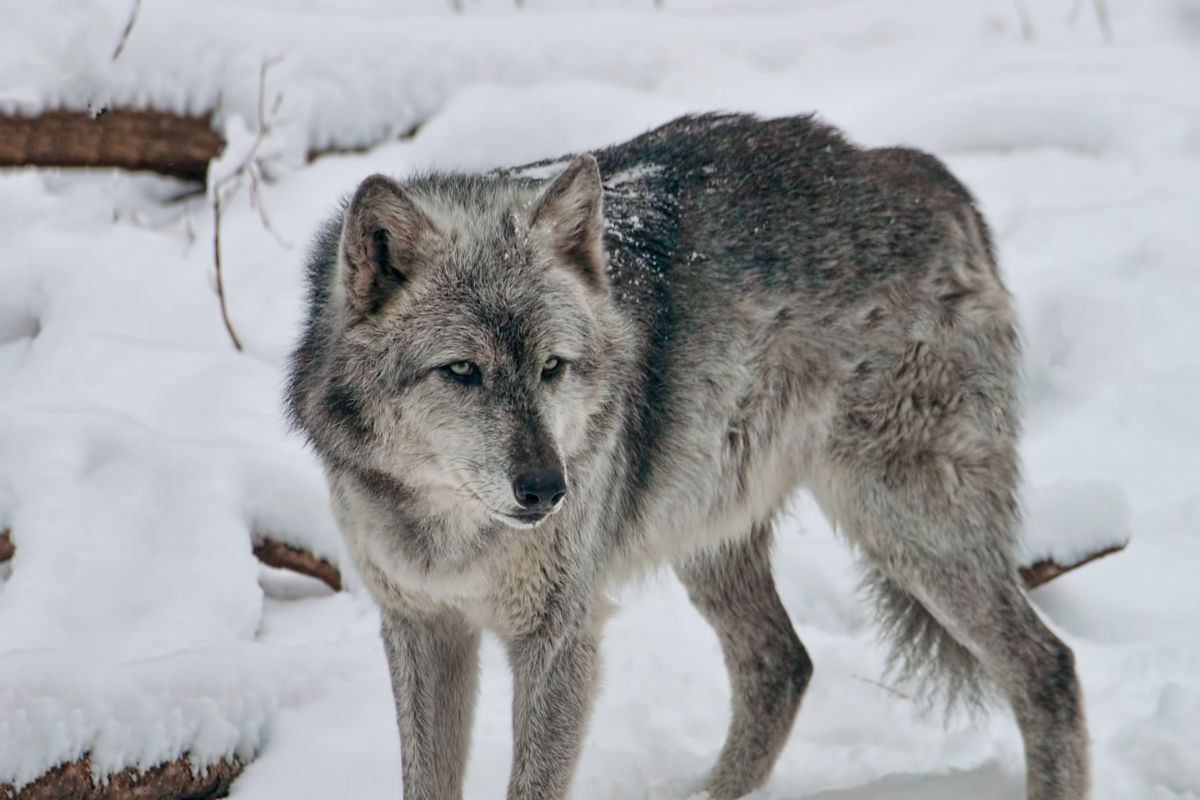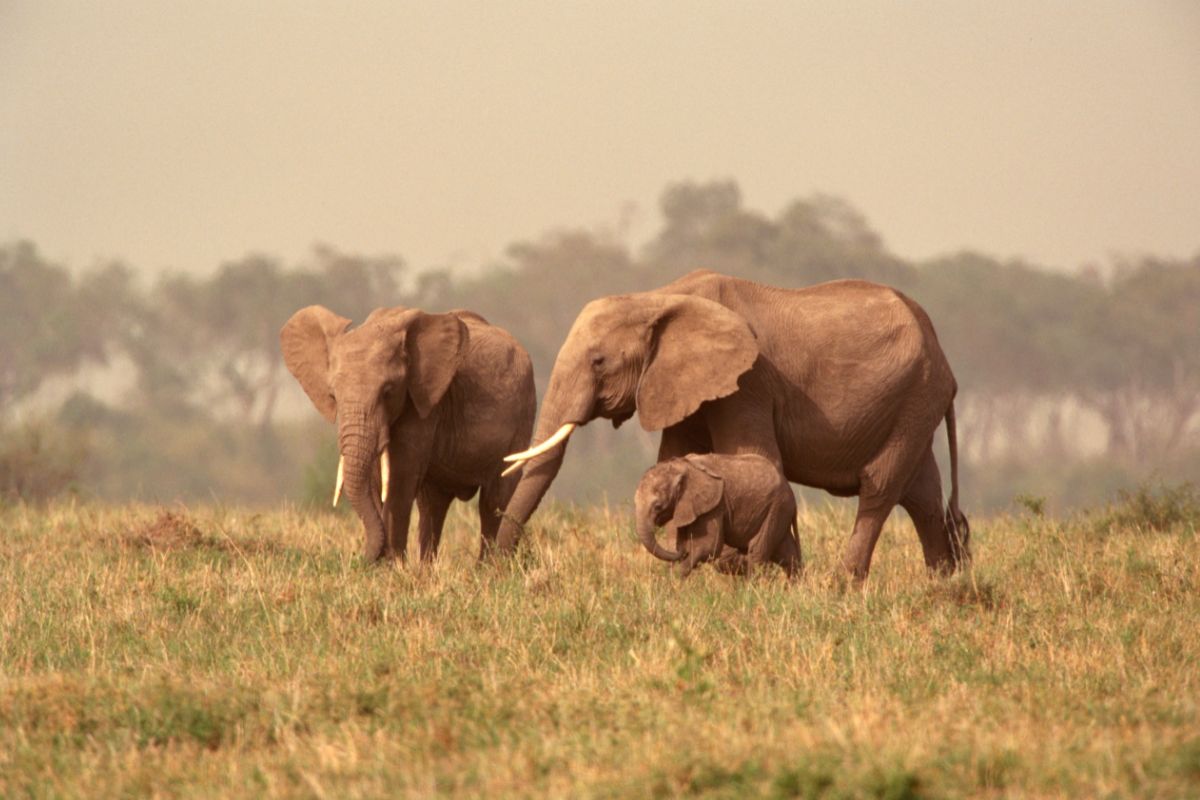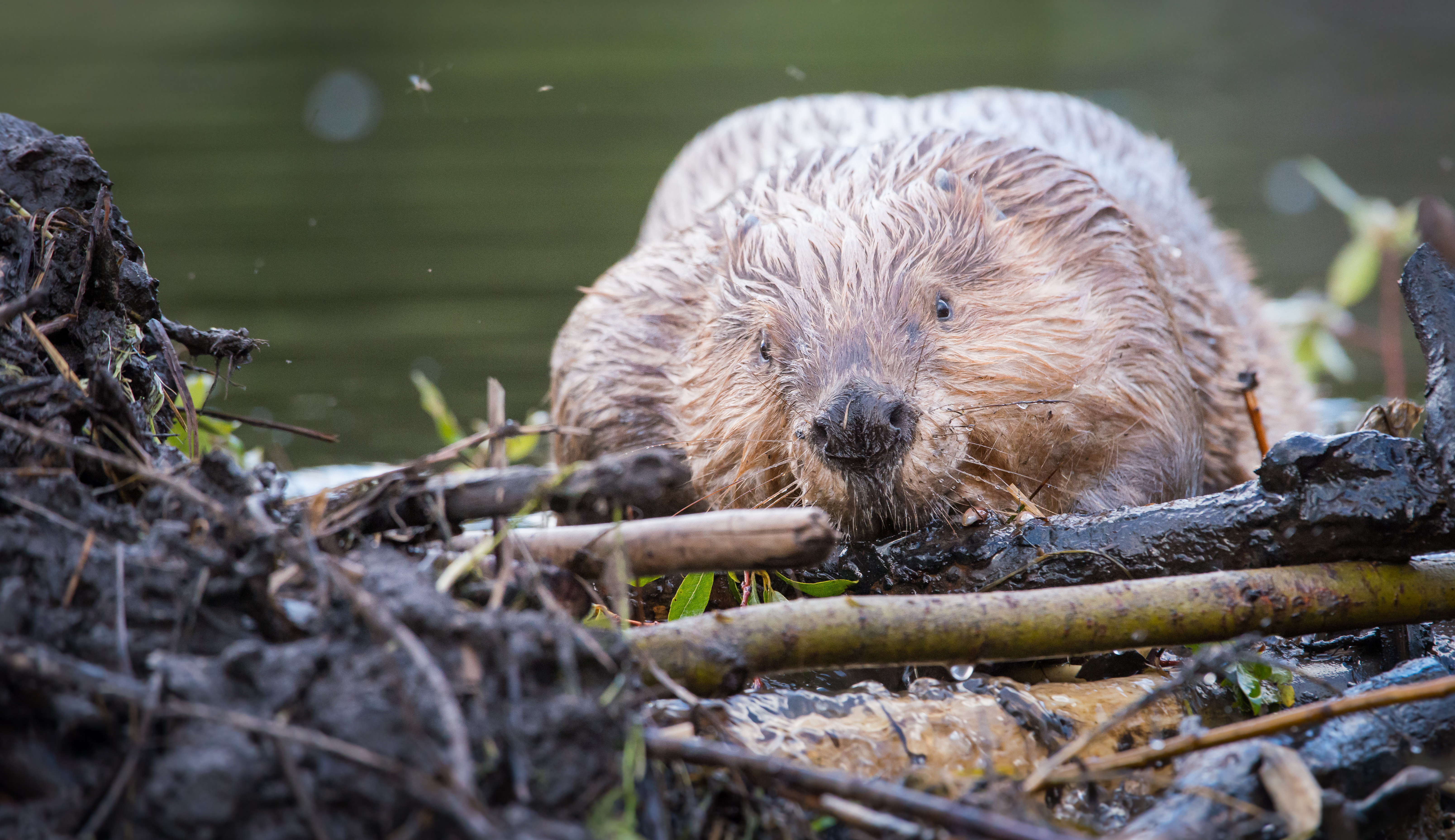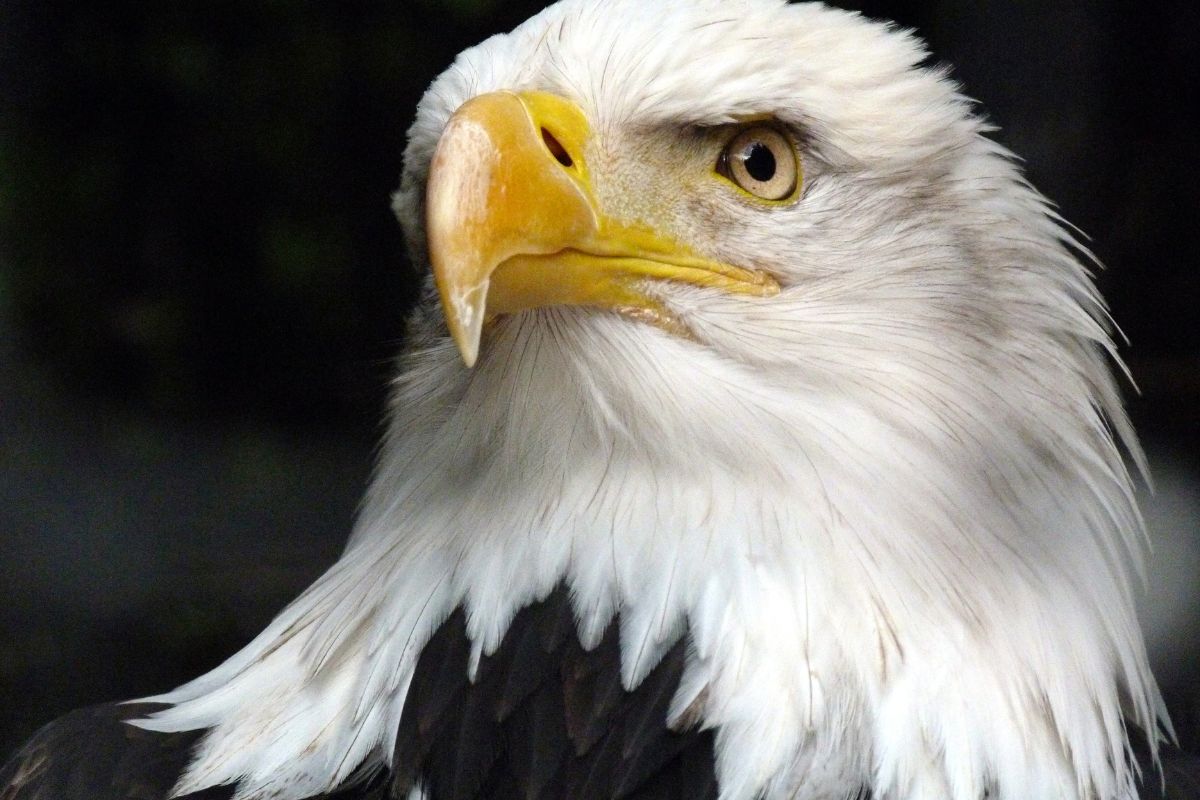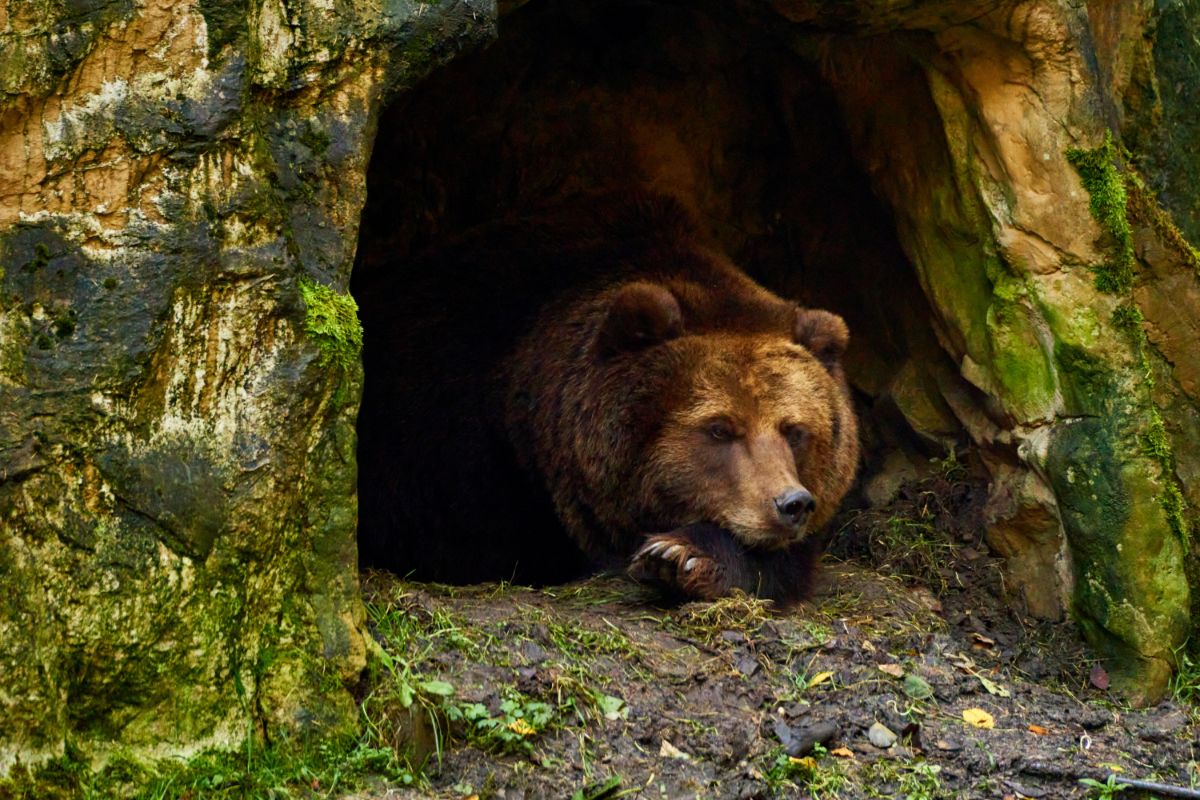Wolves are known for their complex social structure. They live in packs, where each member has their own role within the group. How does this affect their behavior?
Wolves are highly social animals. They form close bonds with other members of their pack, and they often spend time together outside the den. This means that they rely heavily on communication between individuals.
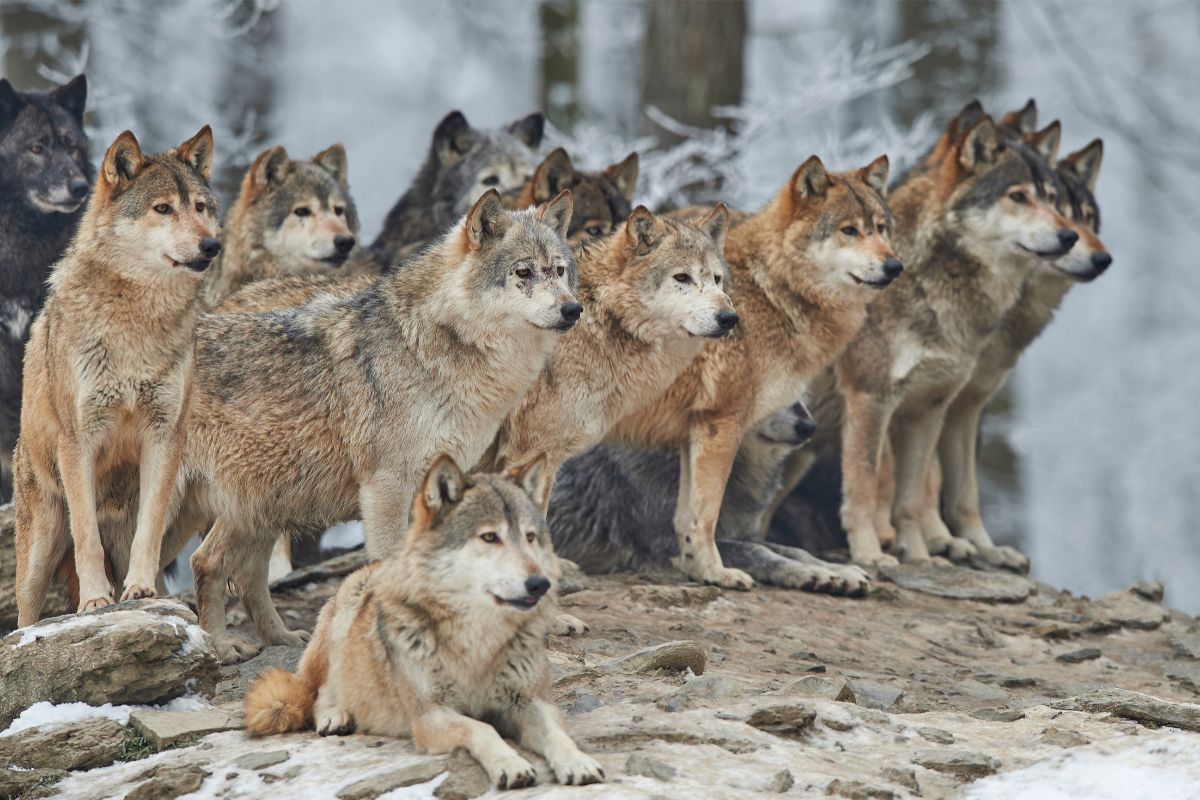
Wolves communicate using a variety of methods, such as body language, vocalizations, and scent marking. These signals allow them to coordinate activities and share information.
This is what we’re going to be discussing today in our article all about their social behaviors!
The Family Groupings
A wolf pack is an extremely complex social unit. It is composed of close relatives, including parents, children, siblings, aunts and uncles, and sometimes even grandparents.
There are old wolves, usually the parents, that need to be looked after. Pups need to be taught what to do and how to behave. Young adults need to be given space to grow and mature.
This alters the dynamics of the pack, making it harder for the alphas to maintain order and cohesion. The loss of a single member can have a devastating effect on social group cohesion.
Small packs may dissolve if the alpha female dies, or the alpha male dies. Larger packs will often split when the alpha female dies, and smaller packs may dissolve entirely.
What Are The Members Of The Pack?
Alpha wolves are the top dogs of the wolf pack. They are often the alpha male and females of the pack. Betas come next in rank after the alphas. Mid-rankers are the third tier of wolves in the pack. Omegas are at the bottom of the totem pole.
While there are no official titles for each rank, the rank of an individual wolf depends upon its behavior, loyalty, and ability. An omega will never rise above the rank of beta.
Bonds
Wolves are very sociable animals. They form packs and groups and often stay together for life. As wolves live in packs, they need to communicate and coordinate activities.
They hunt together, share food, raise pups, and defend their territories. But unlike dogs, wolves are not domesticated.
They are wild animals, and they still follow their instincts. Wolf packs usually consist of an alpha male and female, along with their offspring. These packs can stay together for several generations if conditions are right.
Pack members help each other survive and thrive. Wolves are highly intelligent and capable hunters, and when not hunting, spend time playing, resting, grooming, and nurturing their pups.
Wolves are also very emotional animals and will grieve if an important member of their pack dies.
General Knowledge
Wolves are highly social animals who communicate, collaborate, and share information across generations.
Older wolves pass down hunting strategies to younger ones, helping them adapt to changes in their environment. Wolves also change their hunting technique depending on weather, terrain, and prey behavior.
The Lone Wolf
We often see the term “lone wolf” used to describe someone who likes to be left alone. However, most people would never want to live like this. Most people prefer to be around others, and would rather be in a group than alone.
Wolves are social creatures. We often think of them as solitary animals, but that’s not true. Male and female wolves spend time together, and even though they might be competing for mates, they still cooperate.
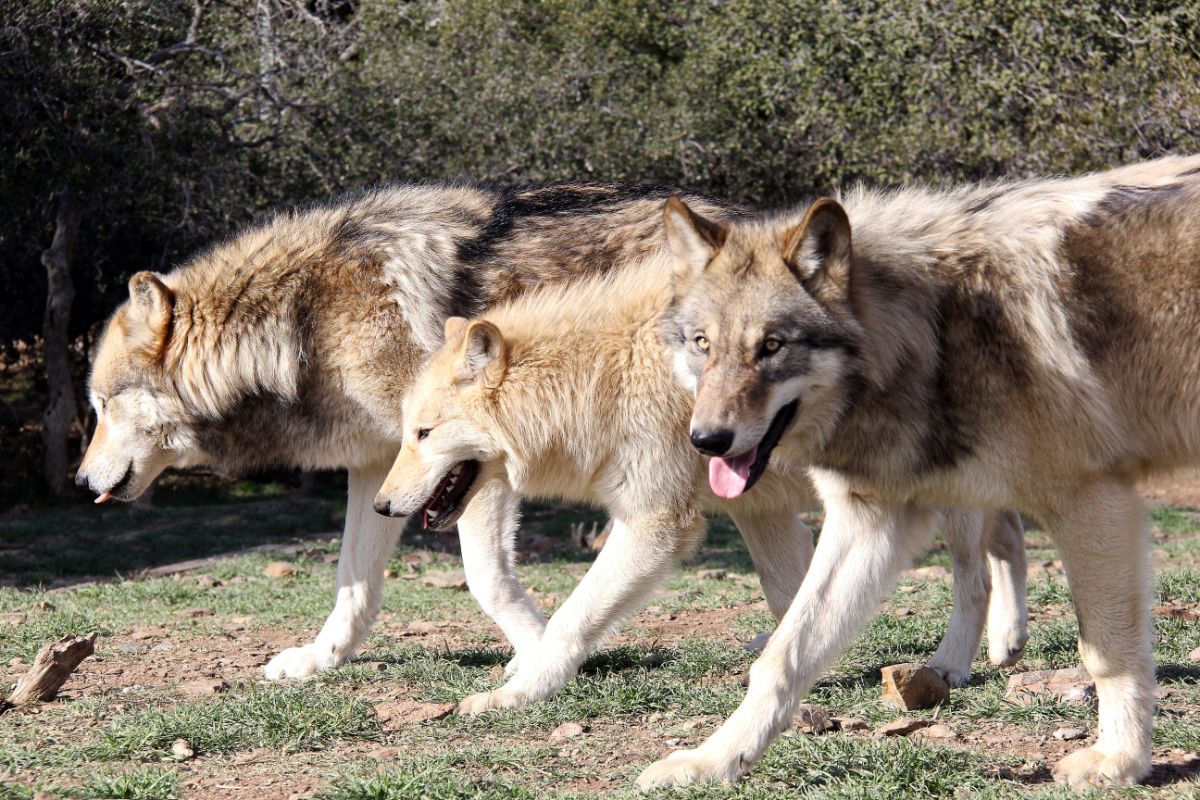
When they find a mate, they stay together. If one dies, the other will mourn him. And if one gets injured, the other will nurse it back to health.
These are just a few examples of how wolves depend on each other. They also like to play together. They chase one another, wrestle, and jump on top of one another, all while playing.
They love to run together, and if one falls behind, the others will help him catch up.
They enjoy running together because it helps keep them fit and healthy. Their packs, however, aren’t always happy. Sometimes there are conflicts within the pack, which cause members to
The Connection Between Man And Wolf
Our dog companions are like us in many ways. We see ourselves reflected in them. Our ancestors were once wild wolves.
Today, we have learned to read their body language, understand their moods, and communicate with them using our own body language.
Dogs are social animals. They are pack animals. They were domesticated because they were useful to man. Dogs helped manhunt, guard his property, heard his livestock, and retrieve game.
They also help keep him warm during cold weather. They can even alert him when there is danger.
These skills made them invaluable companions. Dogs are loyal and loving. They are smart and trainable. They love you unconditionally.
It’s hard to imagine what life must have been like for the first dog owners. They had to feed their pets, clean their messes, train them, protect them, socialize them, teach them tricks, and generally care for them.
And then there were those pesky wolves roaming around.
What if one of them got into your house? How could you stop them from harming your children? But still, the wolves kept coming back.
Maybe it was because they sensed a trust in us like no other. Either way, the relationship between man and dog has changed forever.
Final Thoughts
We are now able to understand why dogs behave as they do from the way that wolves act around each other as packs. It makes sense that they would be friendly and trusting over time, as we have bonded with wolves.
It also makes sense that they would need to be trained. After all, they were originally wild animals. They needed to learn how to adapt to human society. If they didn’t, they wouldn’t survive.
- What Do Squirrels Eat? Learn About Their Diet and Winter Survival - October 14, 2024
- What Do Raccoons Eat? Discover Their Diet and Eating Habits - October 6, 2024
- What do foxes eat? - October 5, 2024

